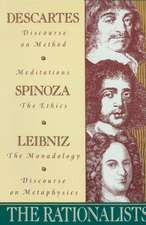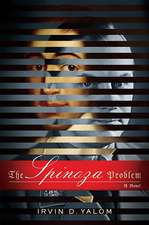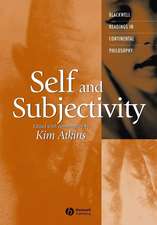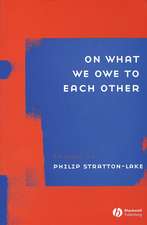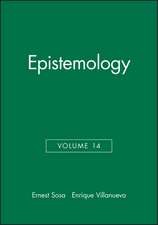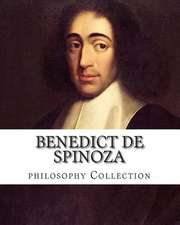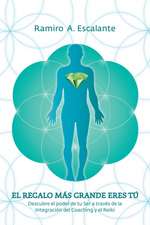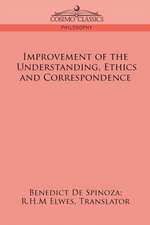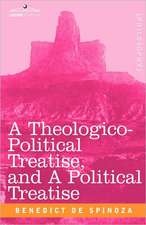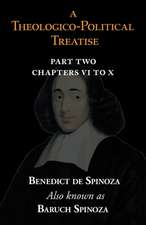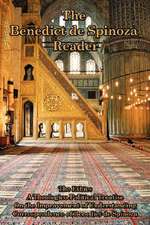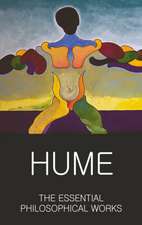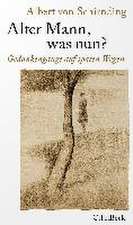The Ethics
Autor Benedict De Spinoza Traducere de Rhm Elwesen Limba Engleză Paperback
| Toate formatele și edițiile | Preț | Express |
|---|---|---|
| Paperback (9) | 47.27 lei 3-5 săpt. | +5.60 lei 4-10 zile |
| Dover Publications – 14 noi 2018 | 47.27 lei 3-5 săpt. | +5.60 lei 4-10 zile |
| – | 73.70 lei 3-5 săpt. | |
| Digireads.com – 6 feb 2019 | 74.73 lei 6-8 săpt. | |
| AZILOTH BOOKS – 10 dec 2020 | 79.14 lei 6-8 săpt. | |
| Lector House – 6 iun 2020 | 81.75 lei 6-8 săpt. | |
| Alpha Editions – 31 ian 2018 | 109.15 lei 6-8 săpt. | |
| Start Classics – 26 mar 2024 | 134.51 lei 38-44 zile | |
| Simon & Brown – 4 noi 2018 | 139.49 lei 38-44 zile | |
| Simon & Brown – 19 noi 2018 | 148.12 lei 38-44 zile | |
| Hardback (6) | 135.51 lei 6-8 săpt. | |
| A & D Publishing – 3 apr 2018 | 135.51 lei 6-8 săpt. | |
| Ancient Wisdom Publications – 30 mai 2018 | 143.15 lei 6-8 săpt. | |
| Start Classics – 26 mar 2024 | 174.10 lei 38-44 zile | |
| Binker North – aug 1777 | 189.81 lei 38-44 zile | |
| Simon & Brown – 4 noi 2018 | 193.34 lei 38-44 zile | |
| Simon & Brown – 19 noi 2018 | 202.98 lei 38-44 zile |
Preț: 73.70 lei
Nou
Puncte Express: 111
Preț estimativ în valută:
14.11€ • 15.33$ • 11.86£
14.11€ • 15.33$ • 11.86£
Carte disponibilă
Livrare economică 31 martie-14 aprilie
Preluare comenzi: 021 569.72.76
Specificații
ISBN-13: 9781537750743
ISBN-10: 1537750747
Pagini: 234
Dimensiuni: 152 x 229 x 12 mm
Greutate: 0.32 kg
ISBN-10: 1537750747
Pagini: 234
Dimensiuni: 152 x 229 x 12 mm
Greutate: 0.32 kg
Notă biografică
Dutch philosopher Benedict de Spinoza (1632-77) ranks among the 17th century's major thinkers. The Ethics, his magnum opus, was written between 1664 and 1665 and published posthumously in 1677. Both Jewish and Catholic authorities reviled the philosopher's focus on reason and defiance of tradition, but Hegel noted, "The fact is that Spinoza is made a testing point in modern philosophy, so that it may really be said: You are either a Spinozist or not a philosopher at all."



